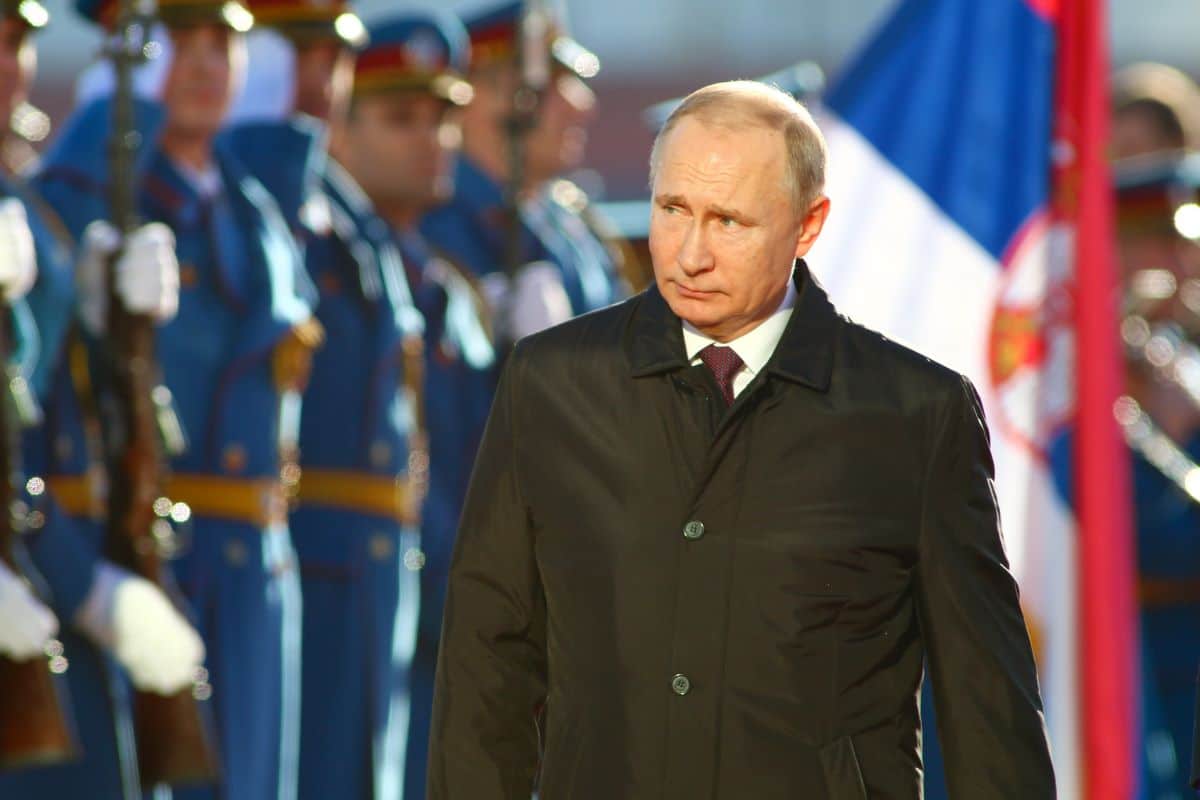Amid escalating diplomatic tensions, Russia has expelled the British military attaché in retaliation, marking a tit-for-tat exchange reflecting more profound geopolitical rivalries and security concerns between the two nations. Here’s the full story.
Tit-For-Tat
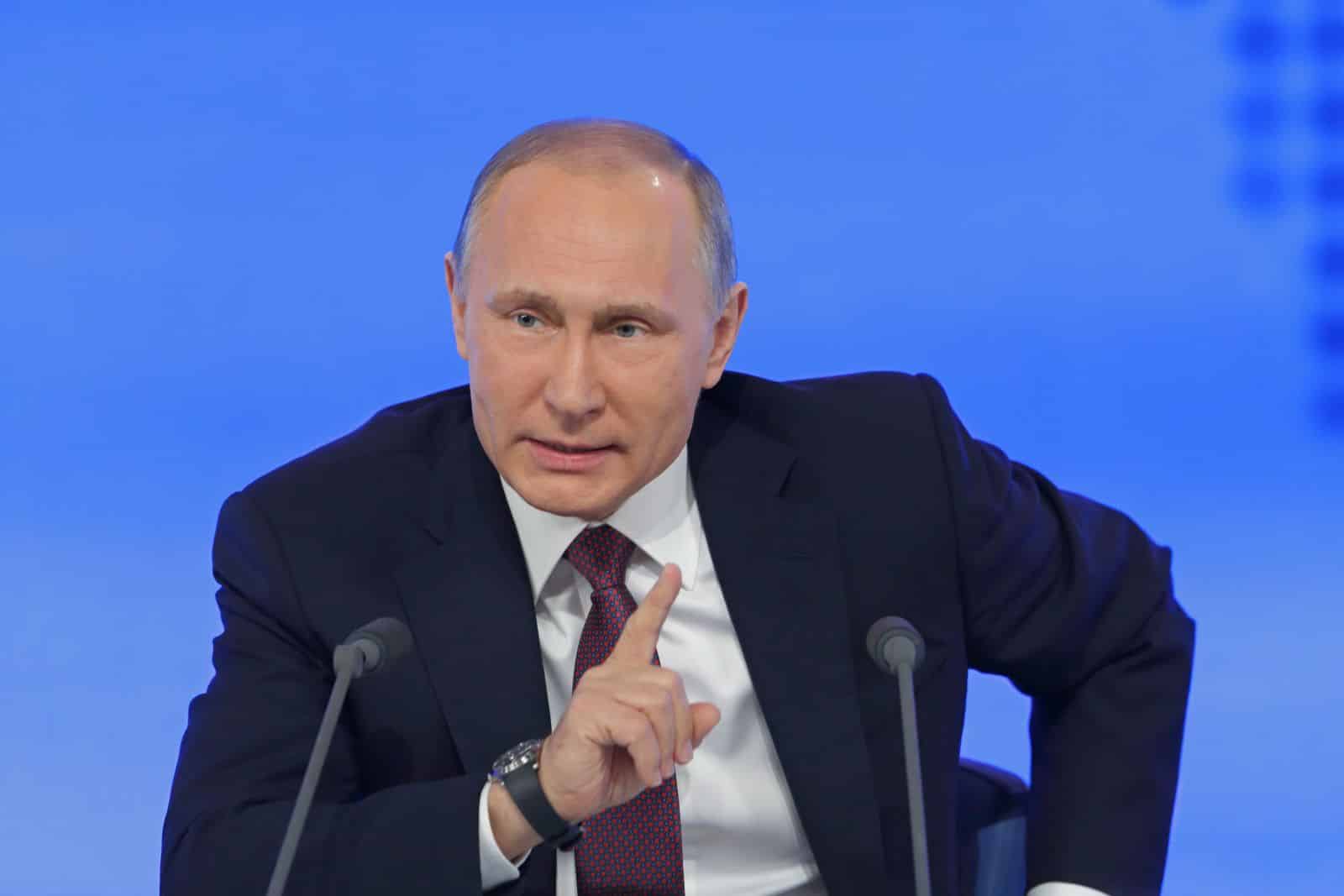
Following the recent expulsion of a Russian military attaché from London, Russia has responded in a tit-for-tat fashion by ordering the expulsion of Adrian Coghill, a British military attaché.
Cold War Animosity
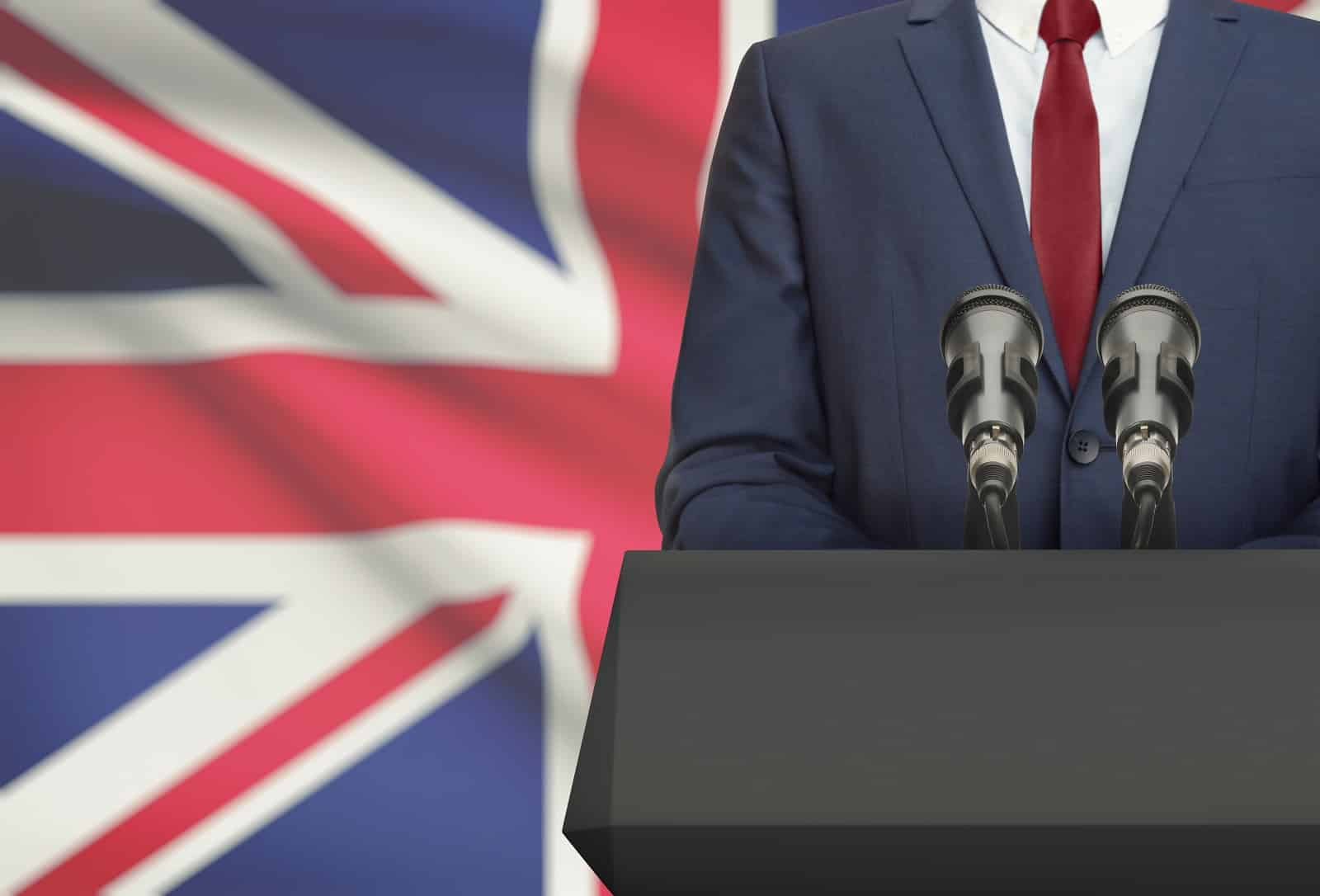
The diplomatic spat underscores the deepening Cold War-style animosity between the two nations, whose relations are rapidly worsening.
“Undeclared Military Intelligence Officer”
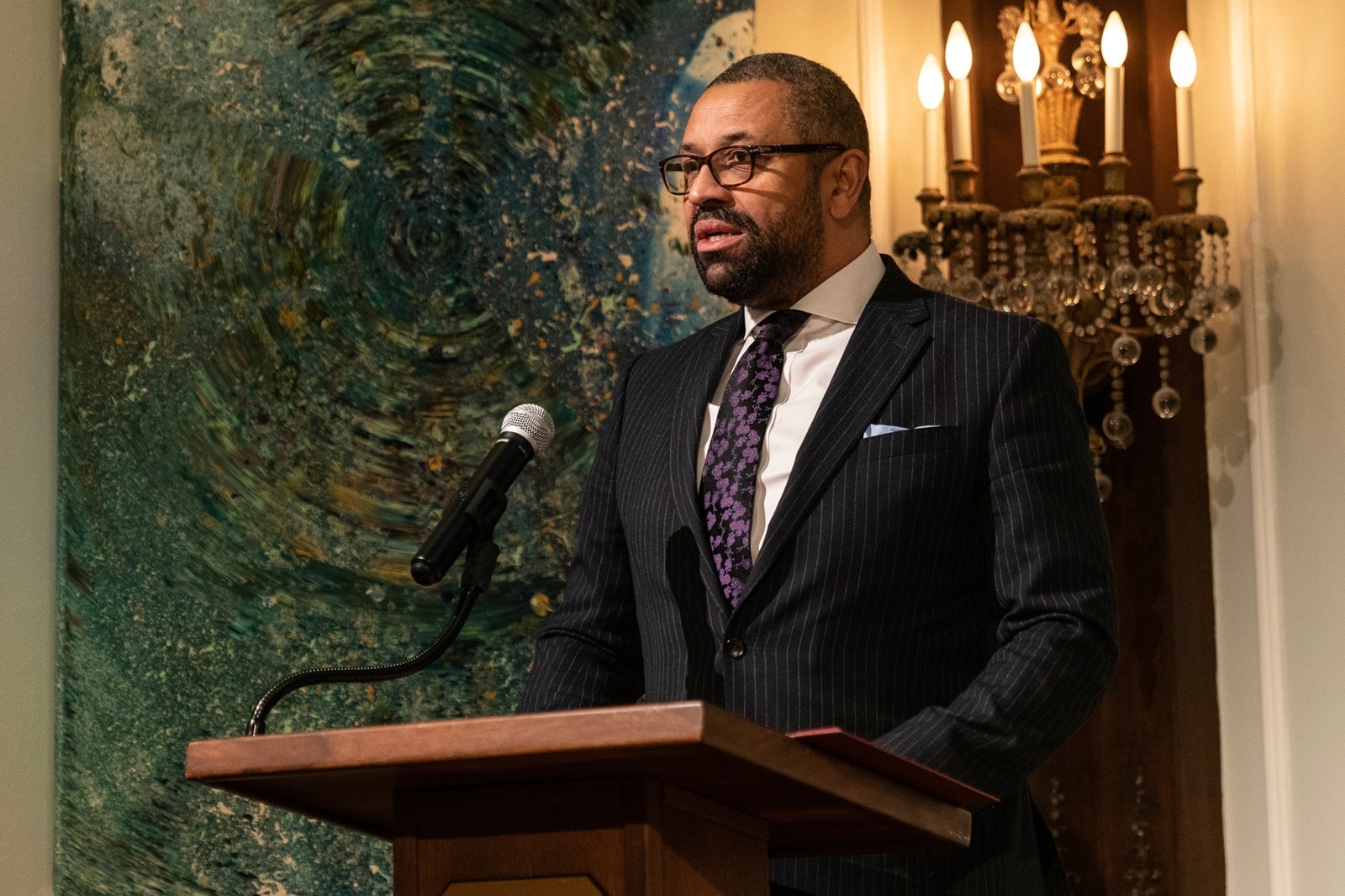
The UK expelled Col Maxim Elovik, the Russian security attaché, whom Home Secretary James Cleverly labelled an “undeclared military intelligence officer.”
“Russian Intelligence-Gathering”
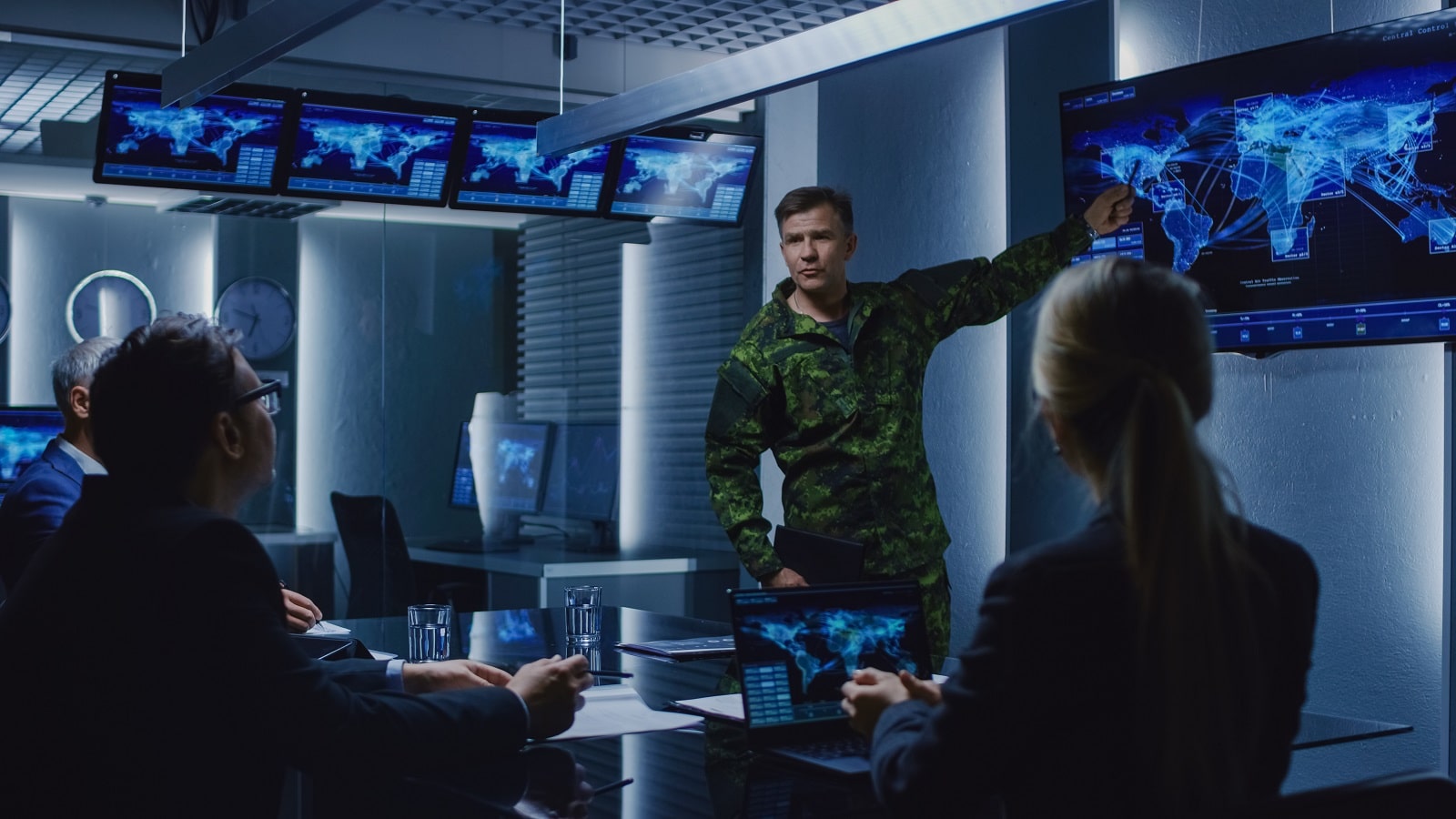
Cleverly added that the decision to expel Col Elovik was taken as part of a series of moves to “target and dismantle Russian intelligence-gathering.”
Revoked Diplomatic Status
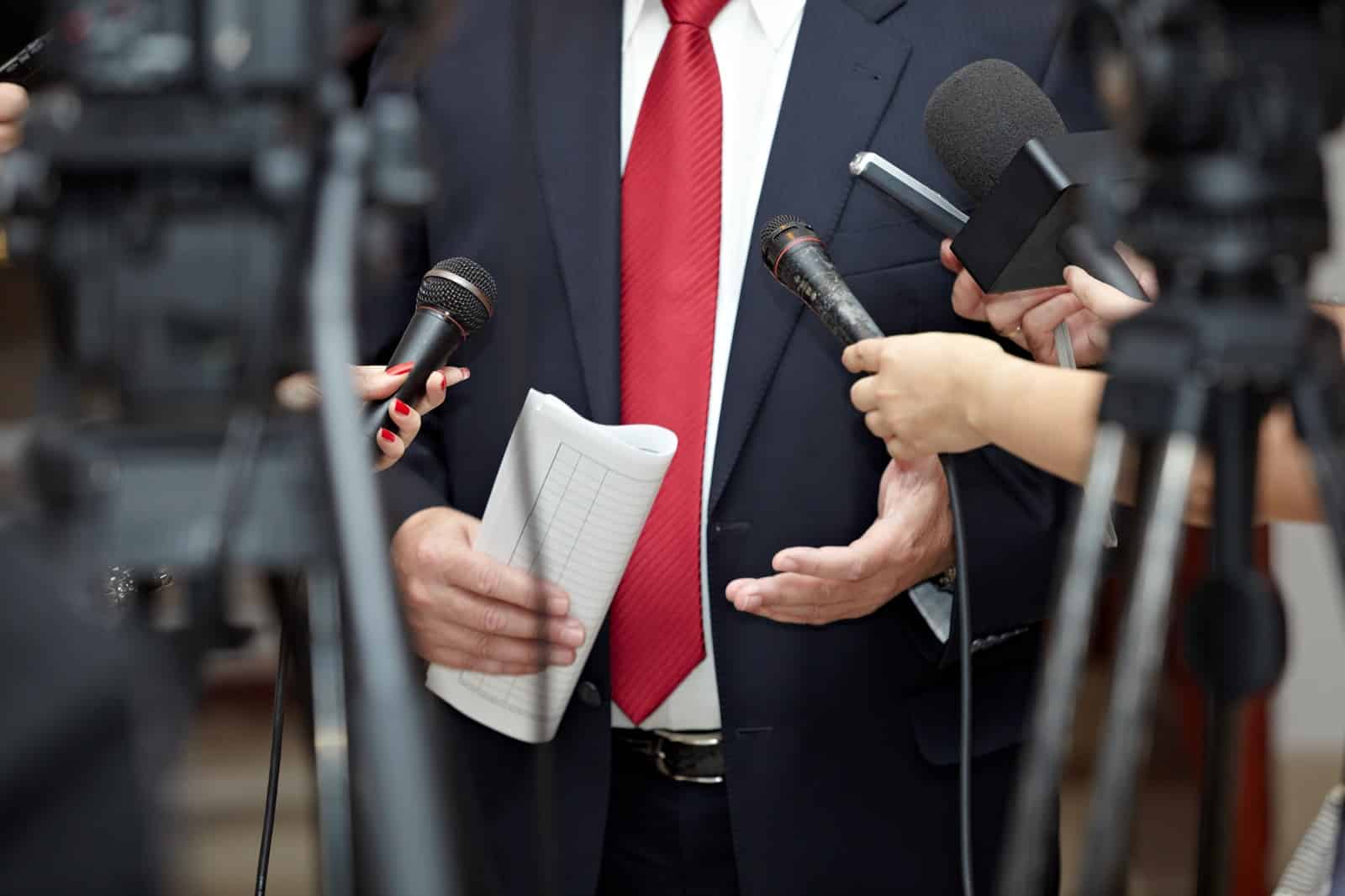
The UK also revoked diplomatic status from the Russian-owned Seacox Heath property in Sussex and the trade and defence section of the Russian embassy in Highgate.
Russian Diplomats
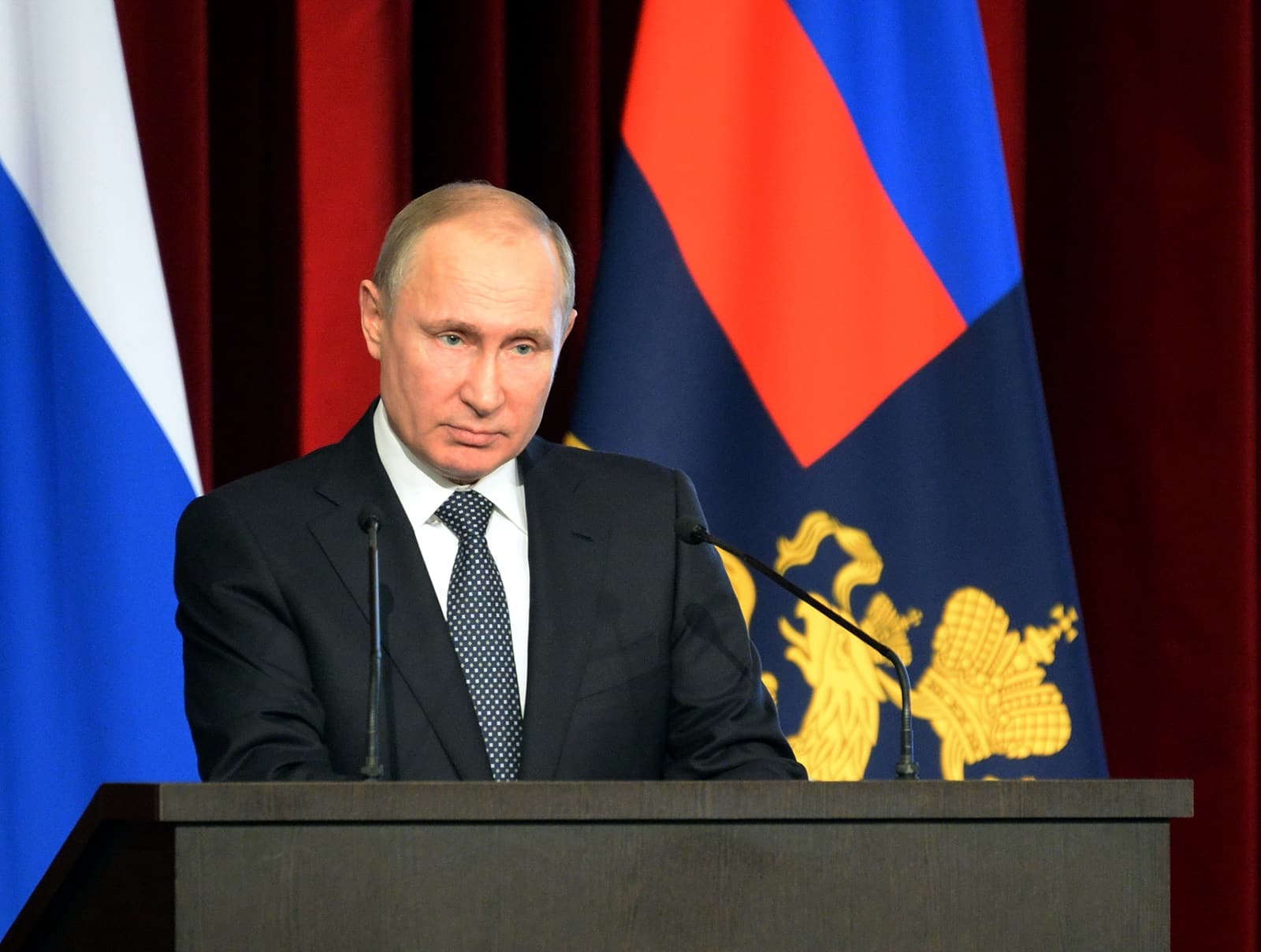
Additionally, the UK introduced fresh limitations on Russian diplomatic visas, including restrictions on the duration of stay permitted for Russian diplomats within the country.
“Hostile Activity”
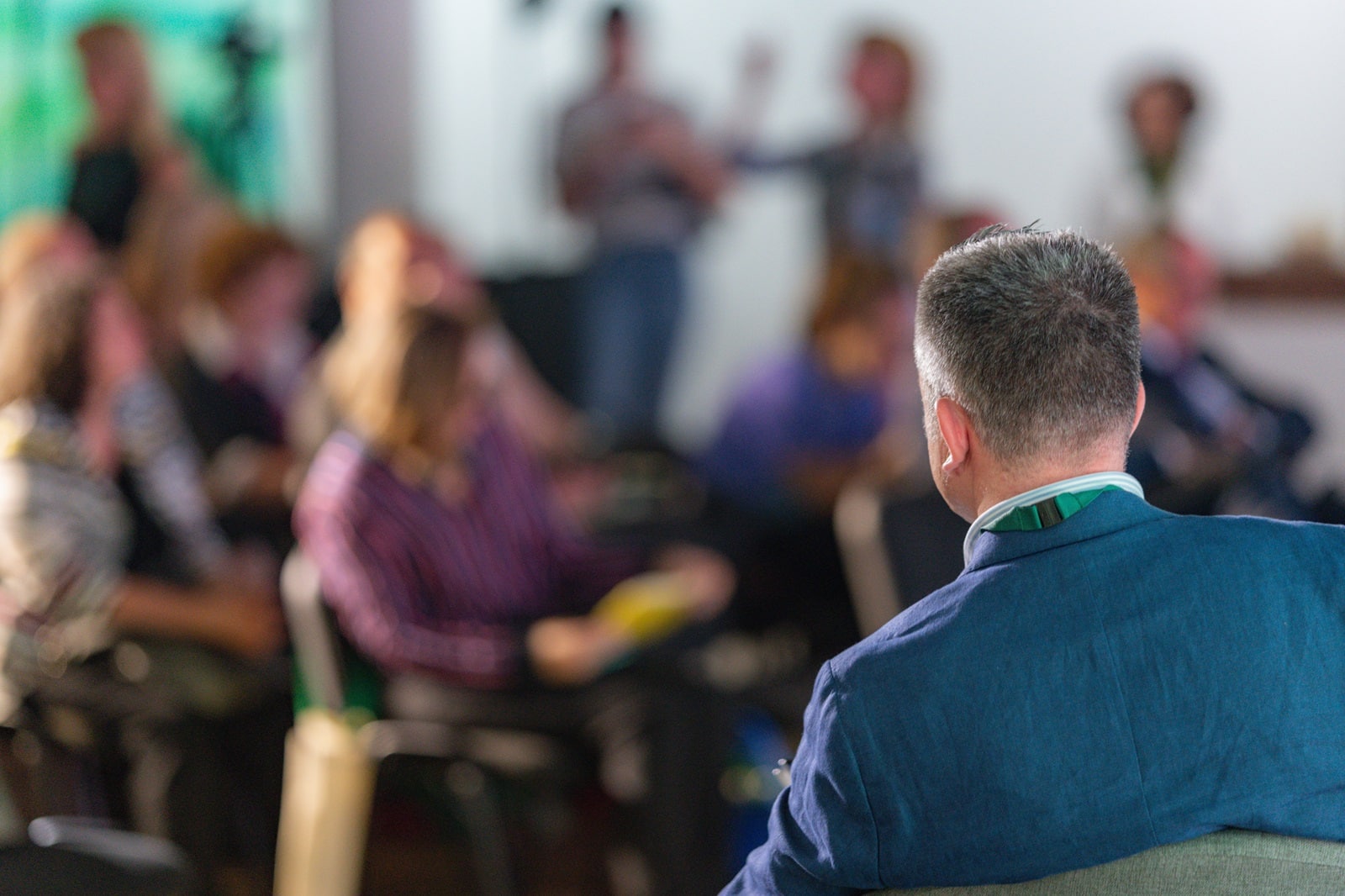
The government claimed the properties had been used for “hostile activity in the UK in order to benefit a foreign state – namely Russia.”
Persona Non Grata
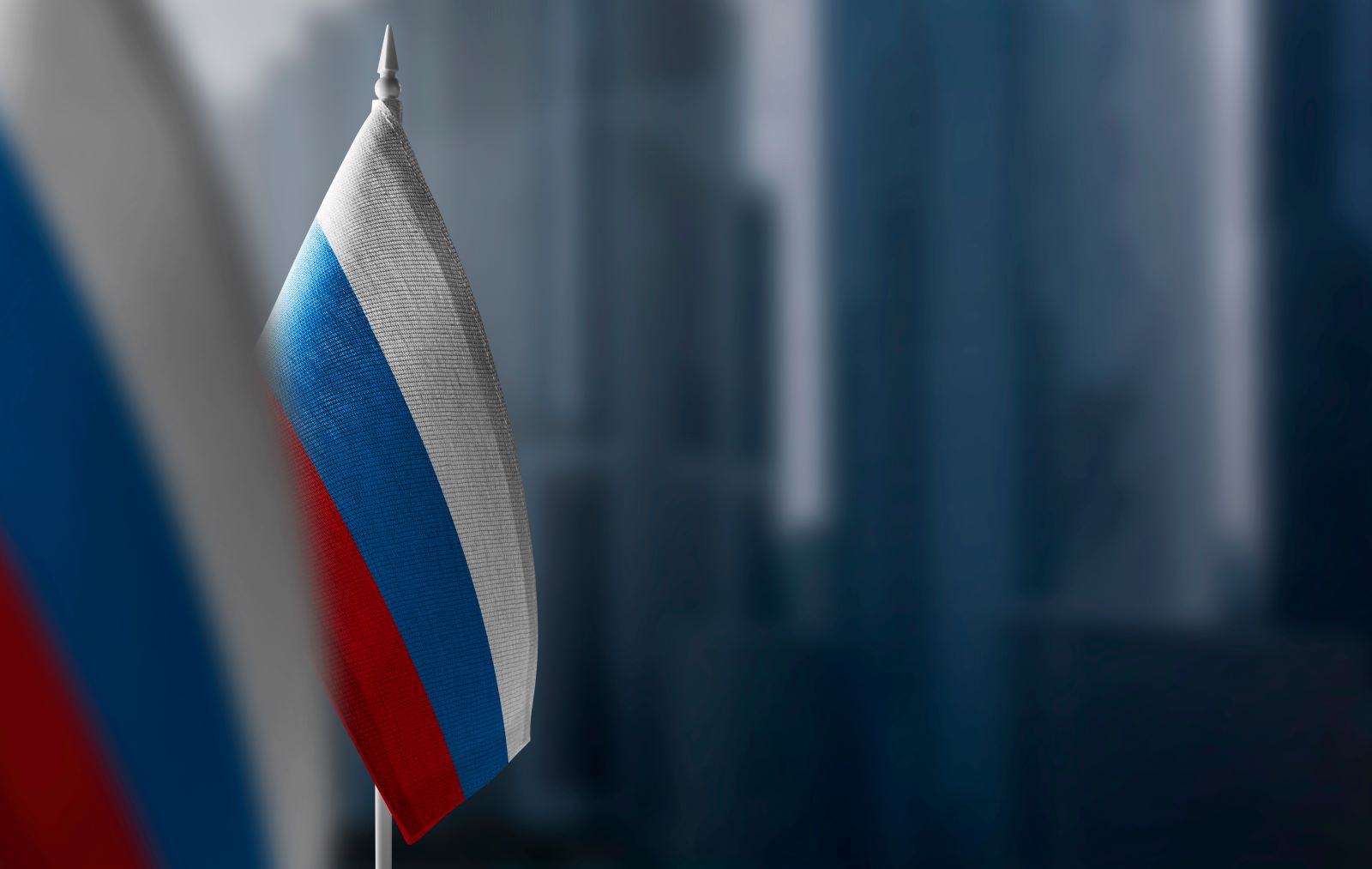
In response to Britain’s accusation of espionage and hacking activities sponsored by Russia, the Russian foreign ministry declared Coghill persona non grata and mandated his departure from Russian territory within a week.
Strained Relations
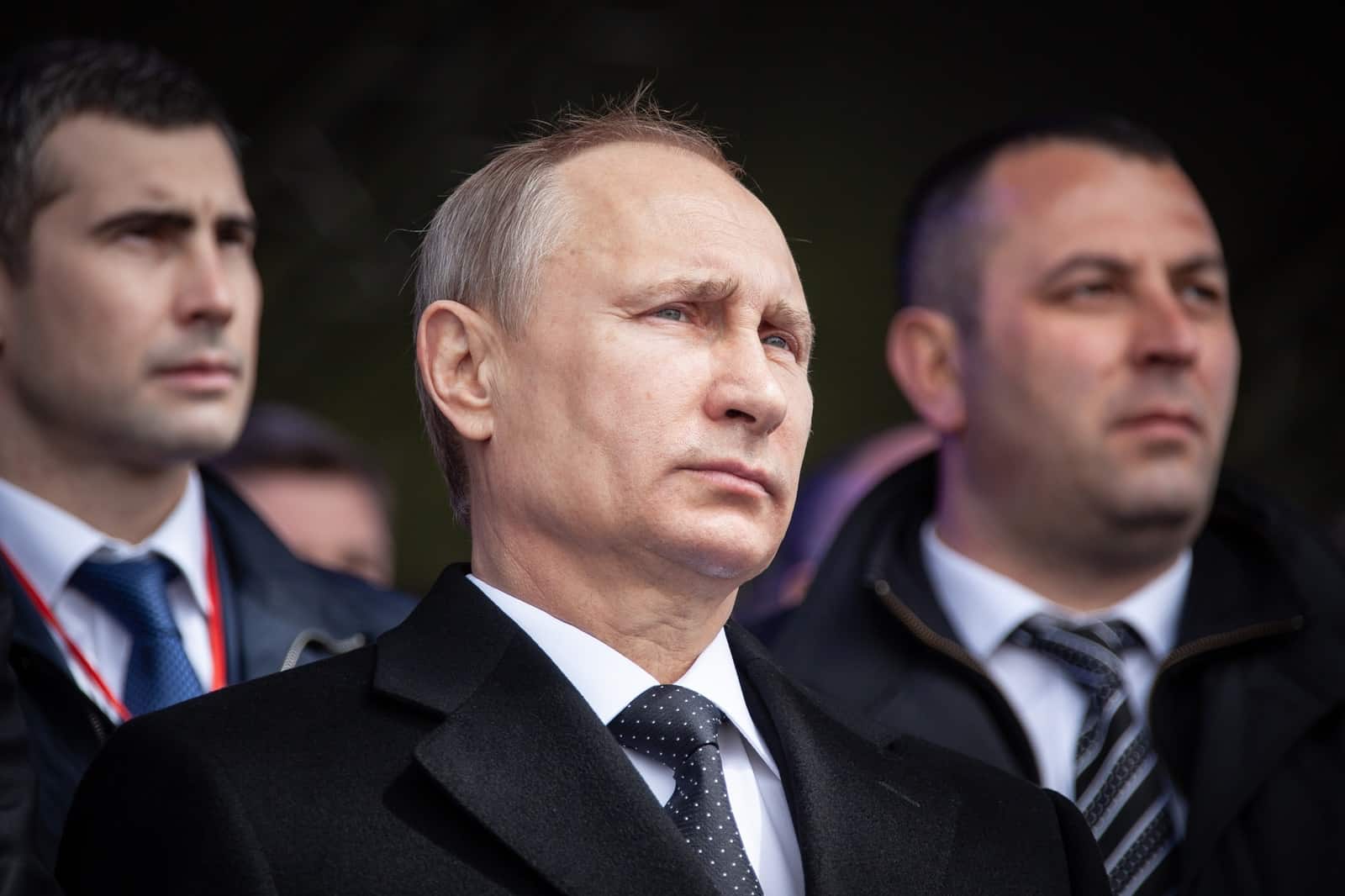
Diplomatic relations between Russia and the UK have been strained since the annexation of Crimea in 2014, the novichok poisoning of Sergei Skripal and his daughter Yulia in Salisbury in 2018, and the Russian invasion of Ukraine.
Direct Involvement
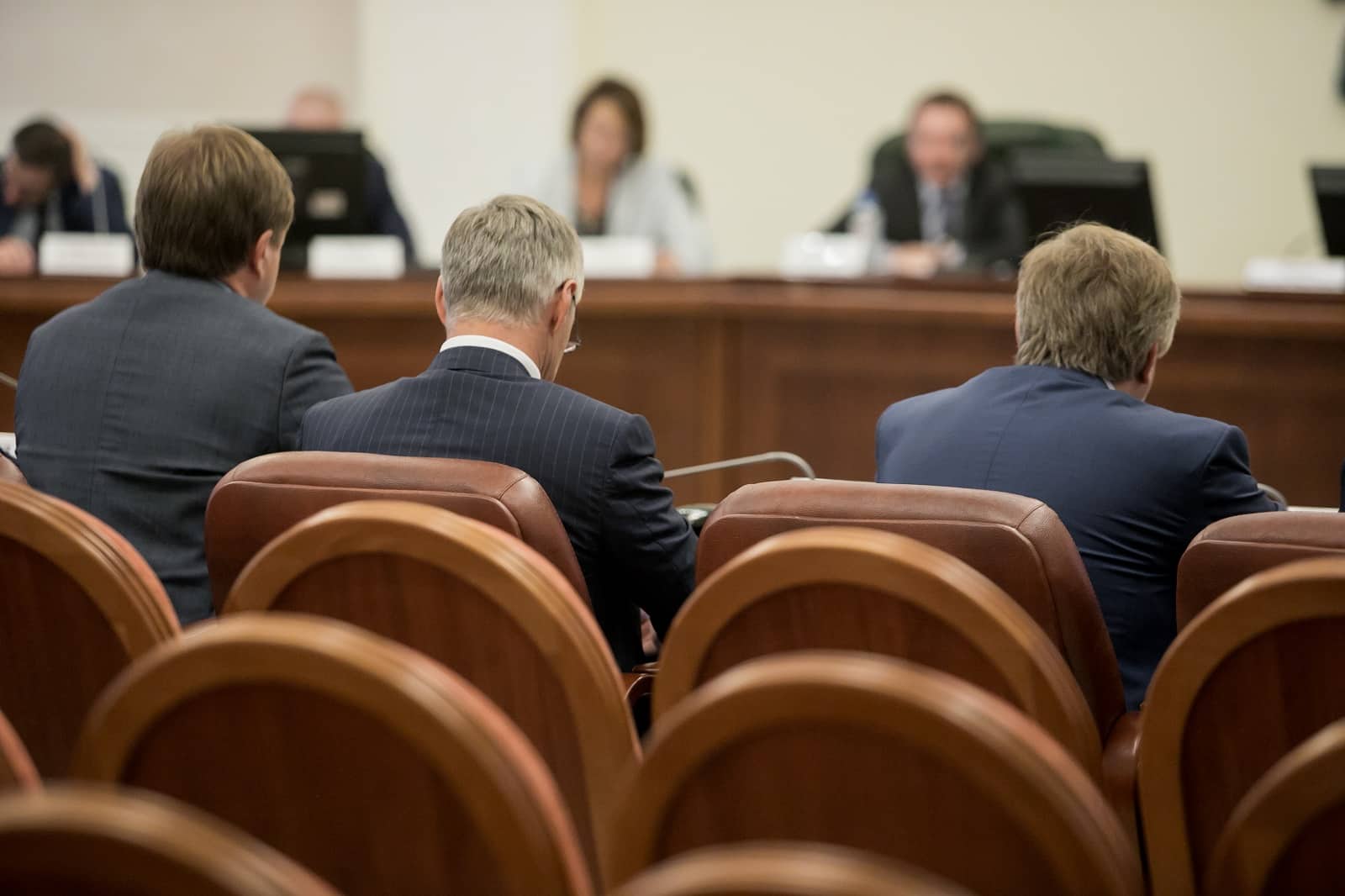
The UK’s provision of weapons and intelligence to Ukraine has exacerbated tensions, with Moscow perceiving it as the UK’s direct involvement in the conflict.
Support for Ukraine
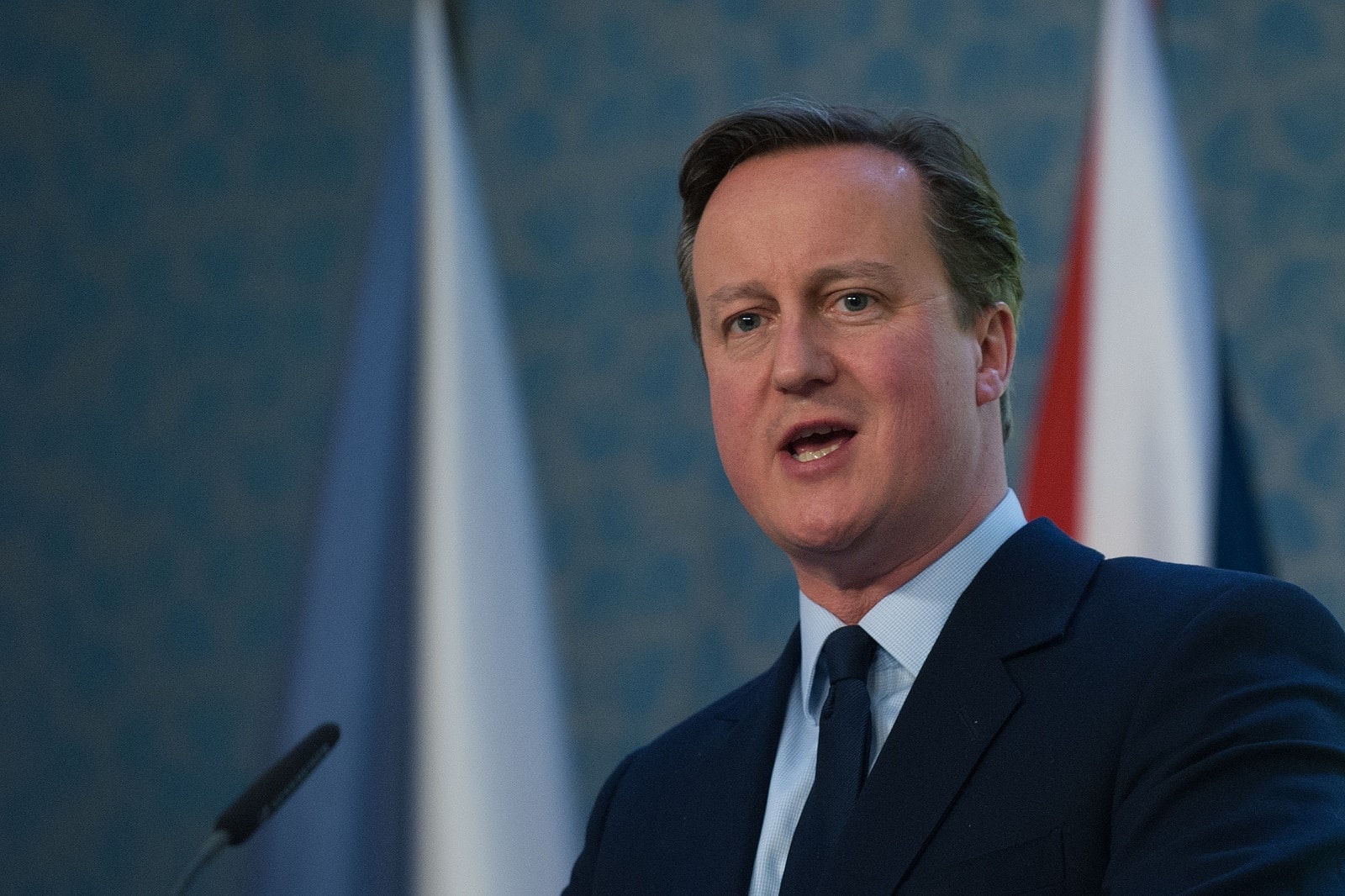
Russia justified its retaliatory measures by citing statements from UK officials, including Foreign Secretary David Cameron’s support for Ukraine’s right to use British weapons inside Russia.
“The Right to Strike”
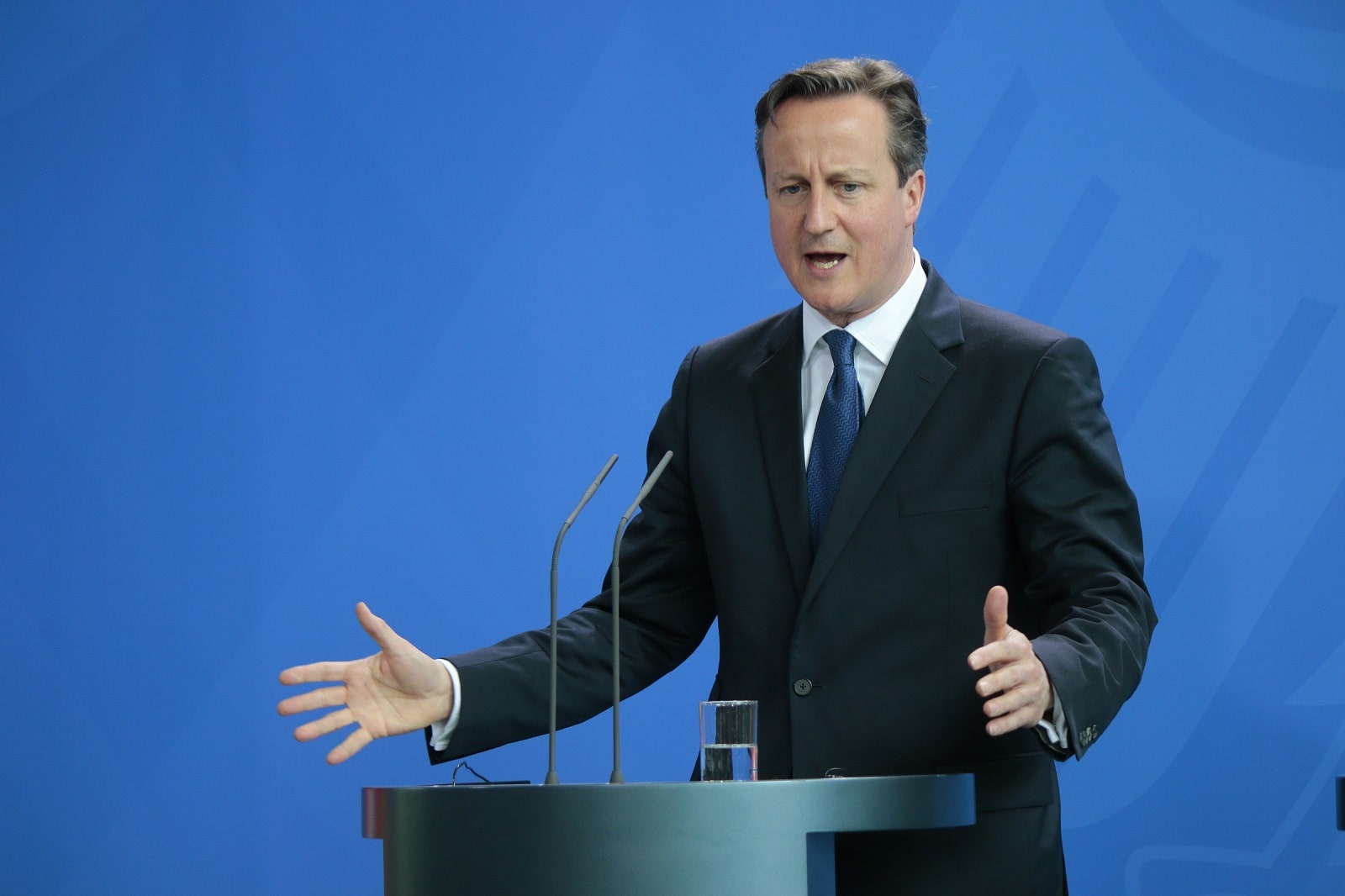
Cameron stated recently. “Ukraine has the right to strike inside Russia because Russia is striking inside Ukraine … You can understand why Ukraine feels the need to defend itself.”
Tactical Nuclear Drills
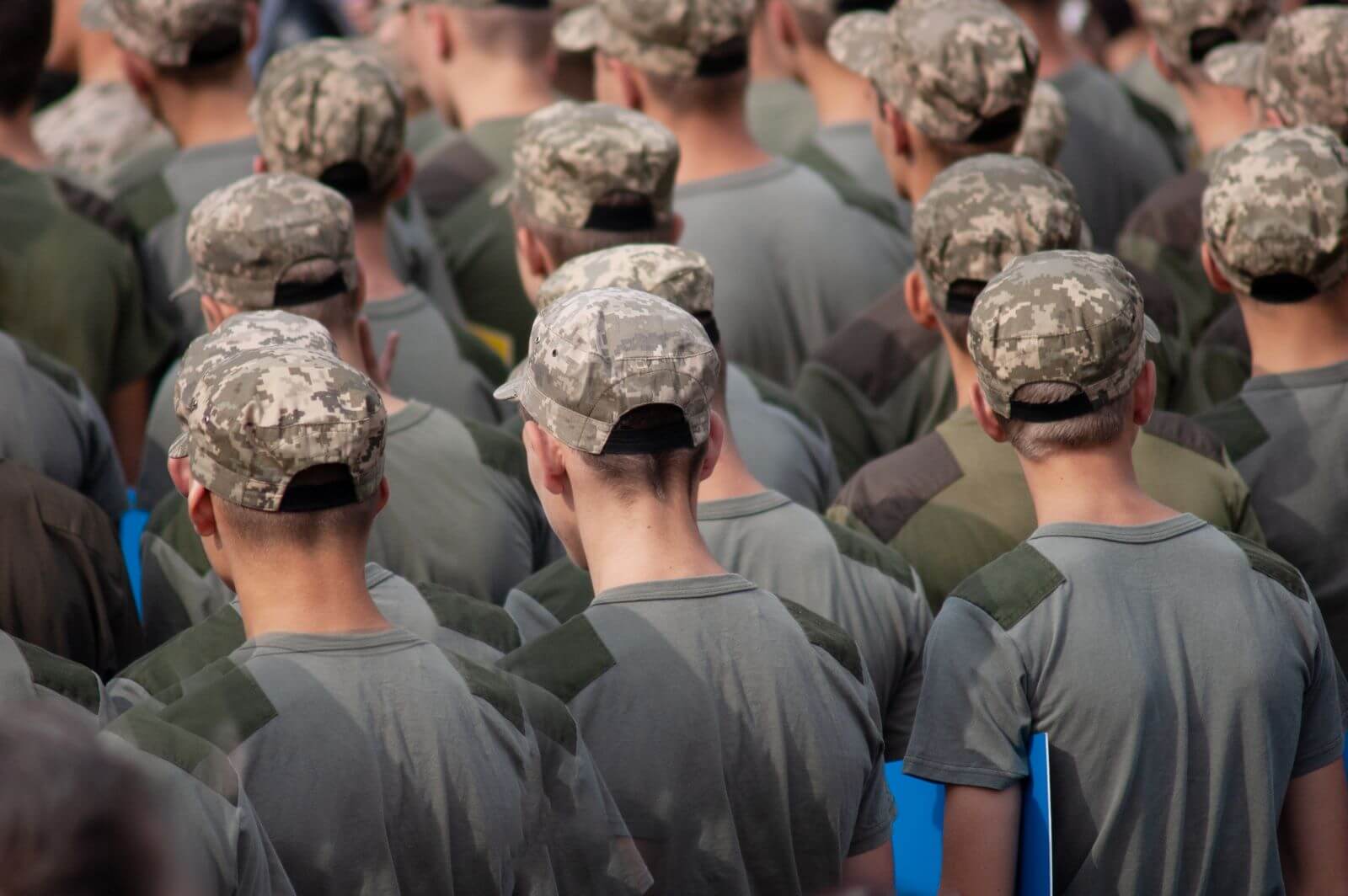
Such remarks, along with suggestions of NATO troops being sent to Ukraine by French President Emmanuel Macron, were seen as provocative by Moscow, which has prompted Russia to begin tactical nuclear drills in border regions.
Russian Reshuffle
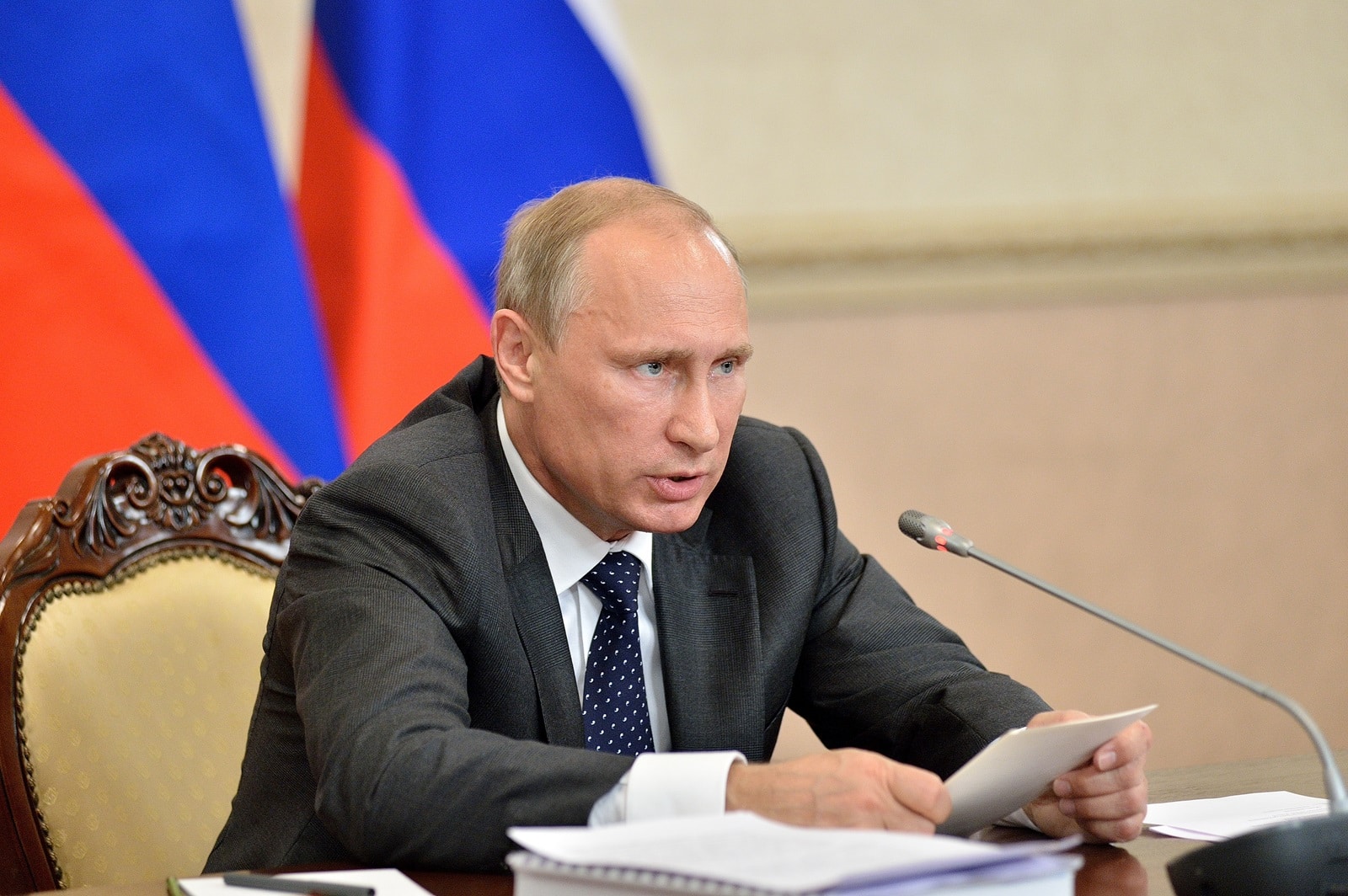
The expulsion coincides with a reshuffle in the Russian defence ministry, where President Putin appointed Andrel Belousov as defence minister.
Extended War
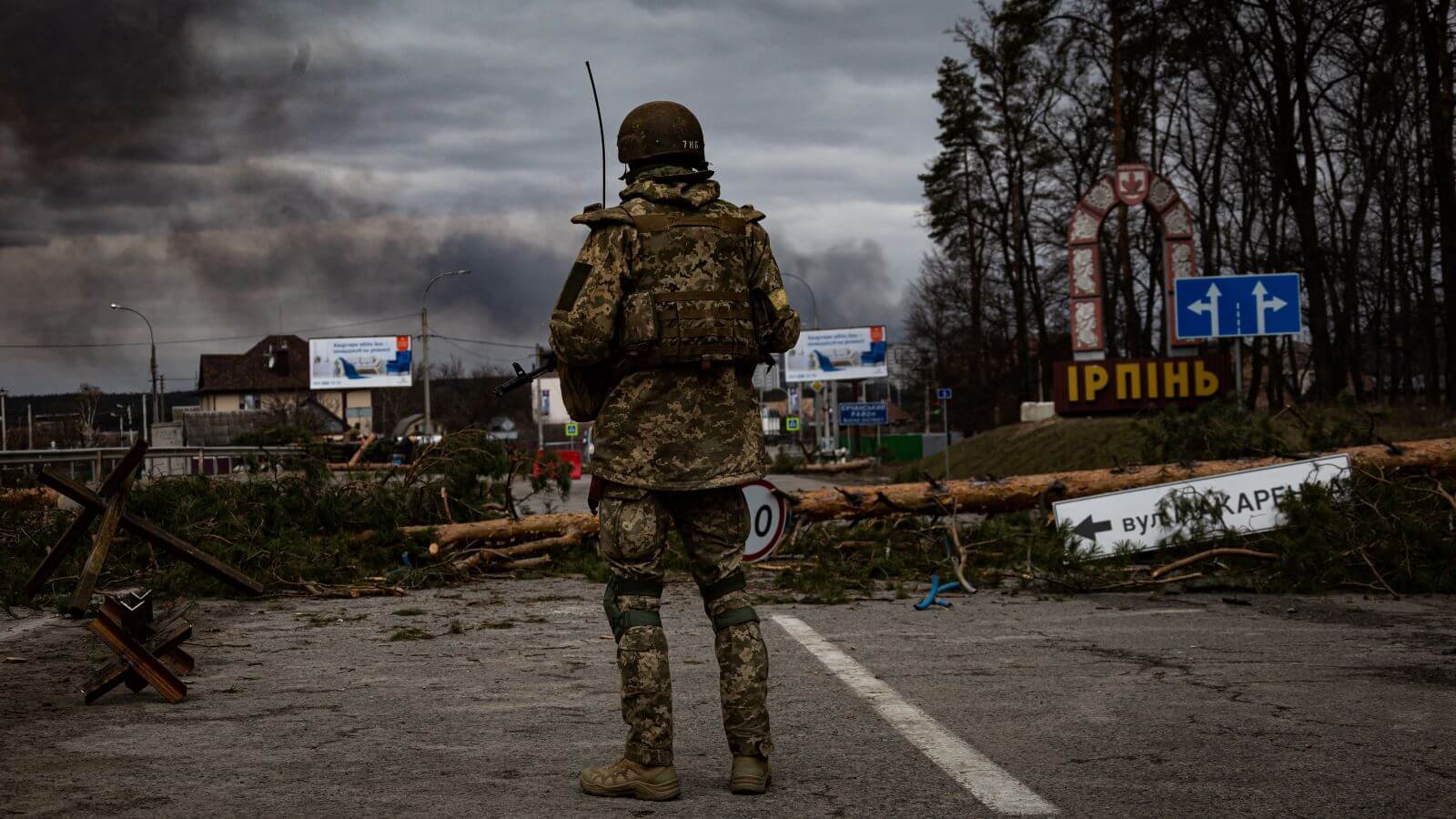
Strategic analysts have seen the veteran technocrat’s appointment as a sign that Putin is preparing for an extended war of attrition in Ukraine.
China Visit
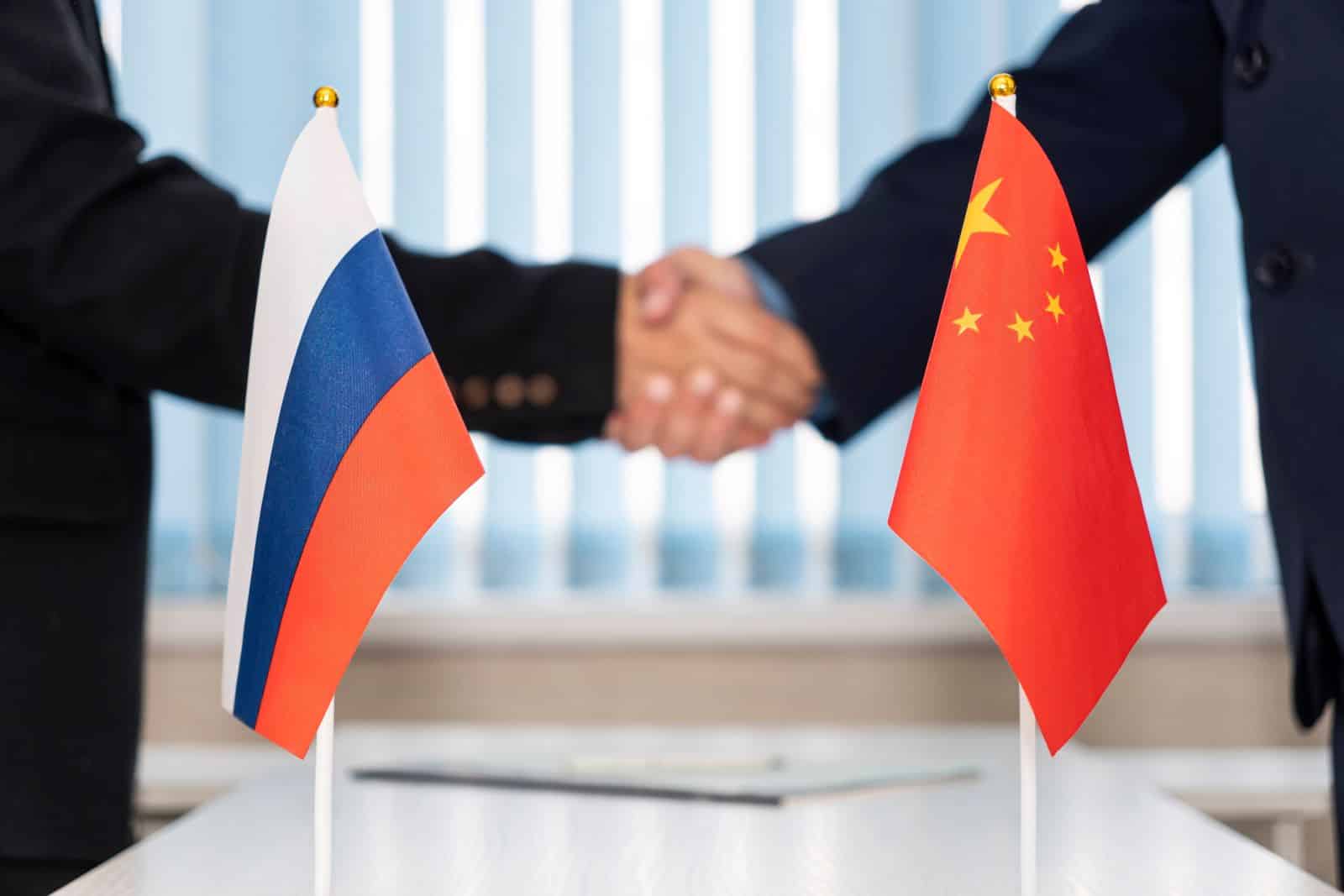
Amid escalating tensions, Putin’s state visit to China with Belousov and former Defence Minister Sergei Shoigu has worried many Western leaders, as it may suggest closer cooperation in military and security measures between China and Russia.
Consolidating Alliances

This meeting is essential for Russia as it attempts to consolidate its alliances amid ongoing diplomatic confrontations with the West.
Uncertain Future
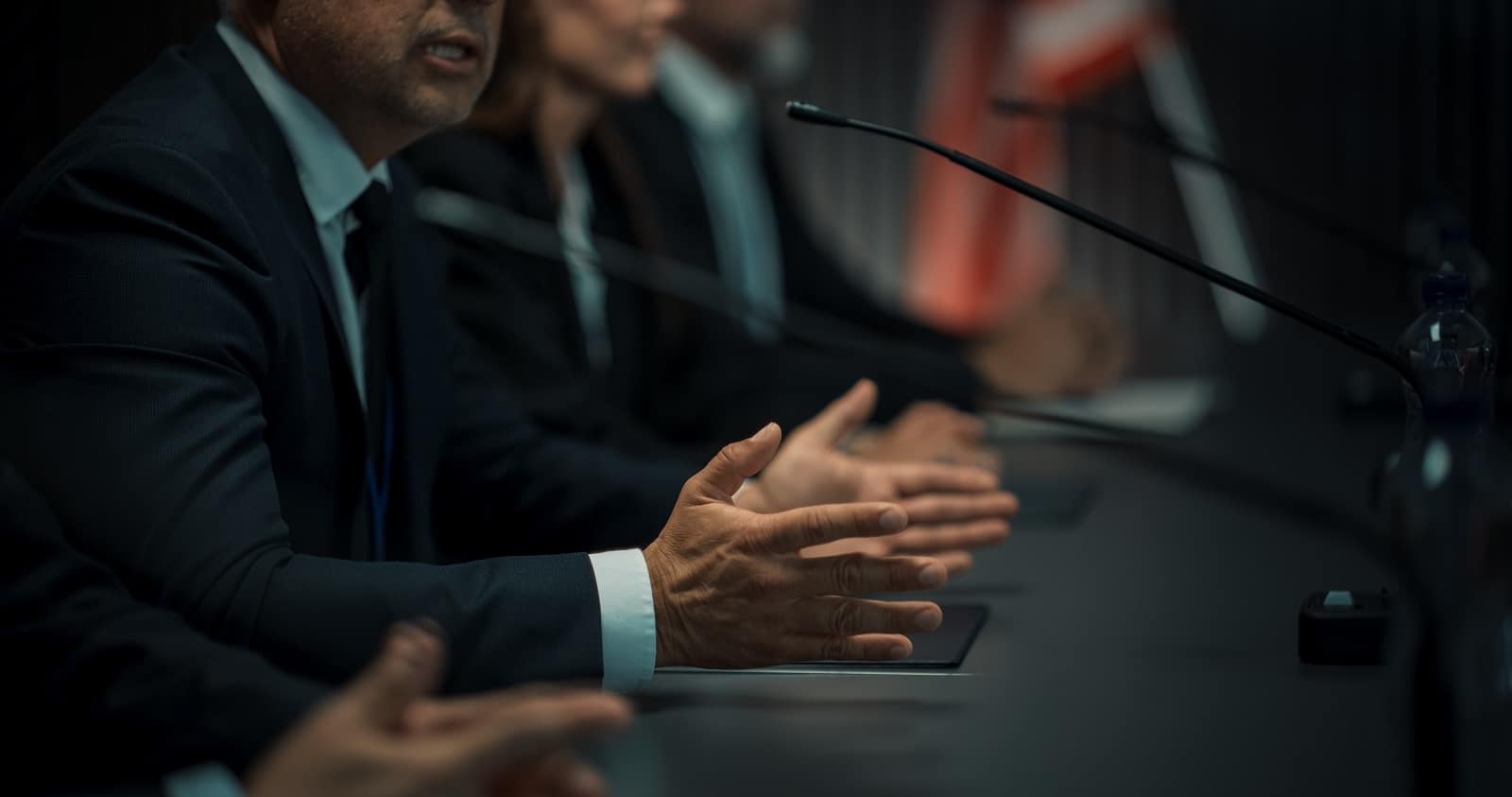
As diplomatic tensions persist and military posturing intensifies, the future of Russia-UK relations remains uncertain.
Sabre Rattling
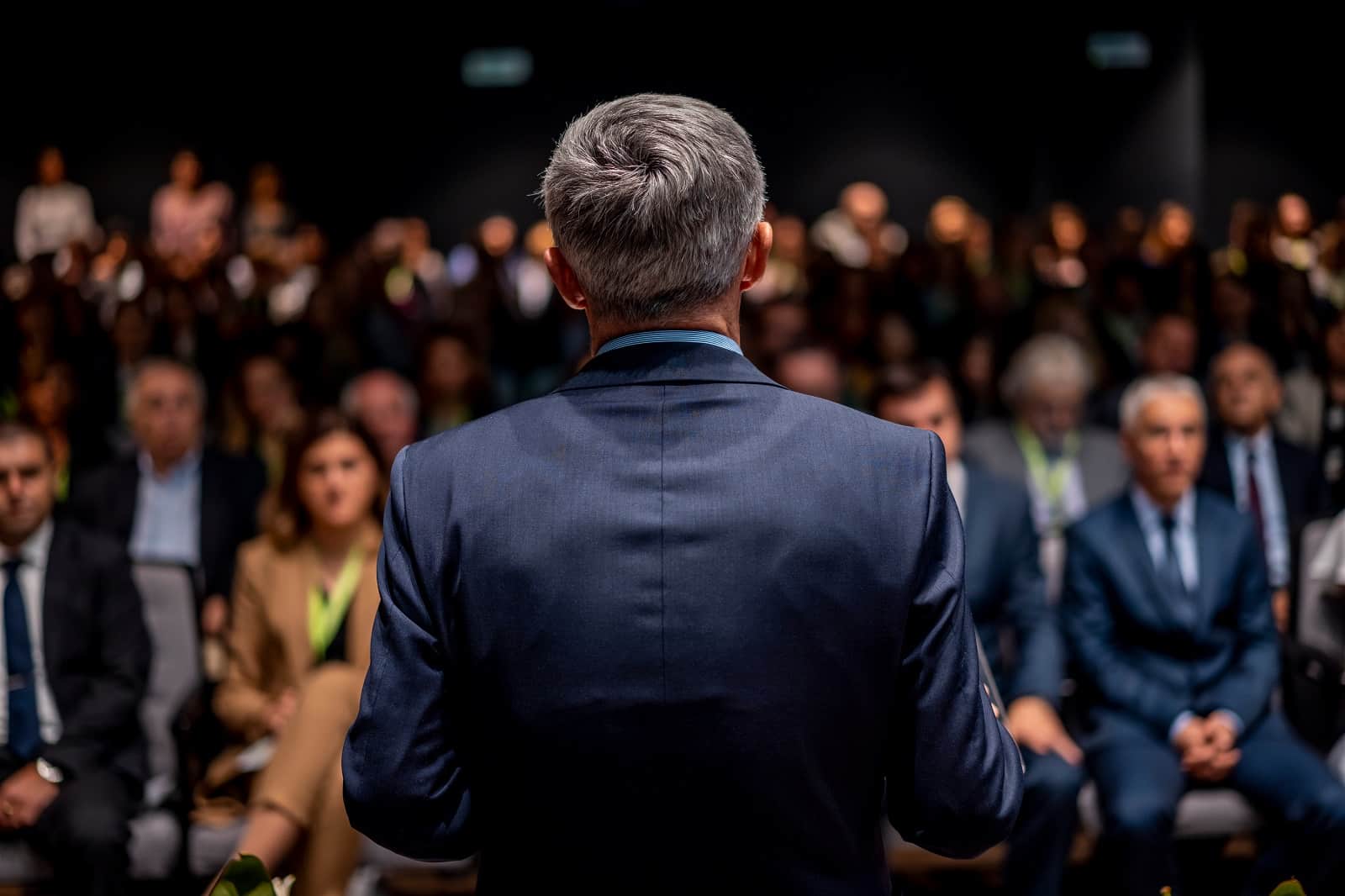
Both nations are increasingly fighting over British support for Ukraine, and the increased sabre rattling is a sign of the escalating tensions between them.
Significant Escalation
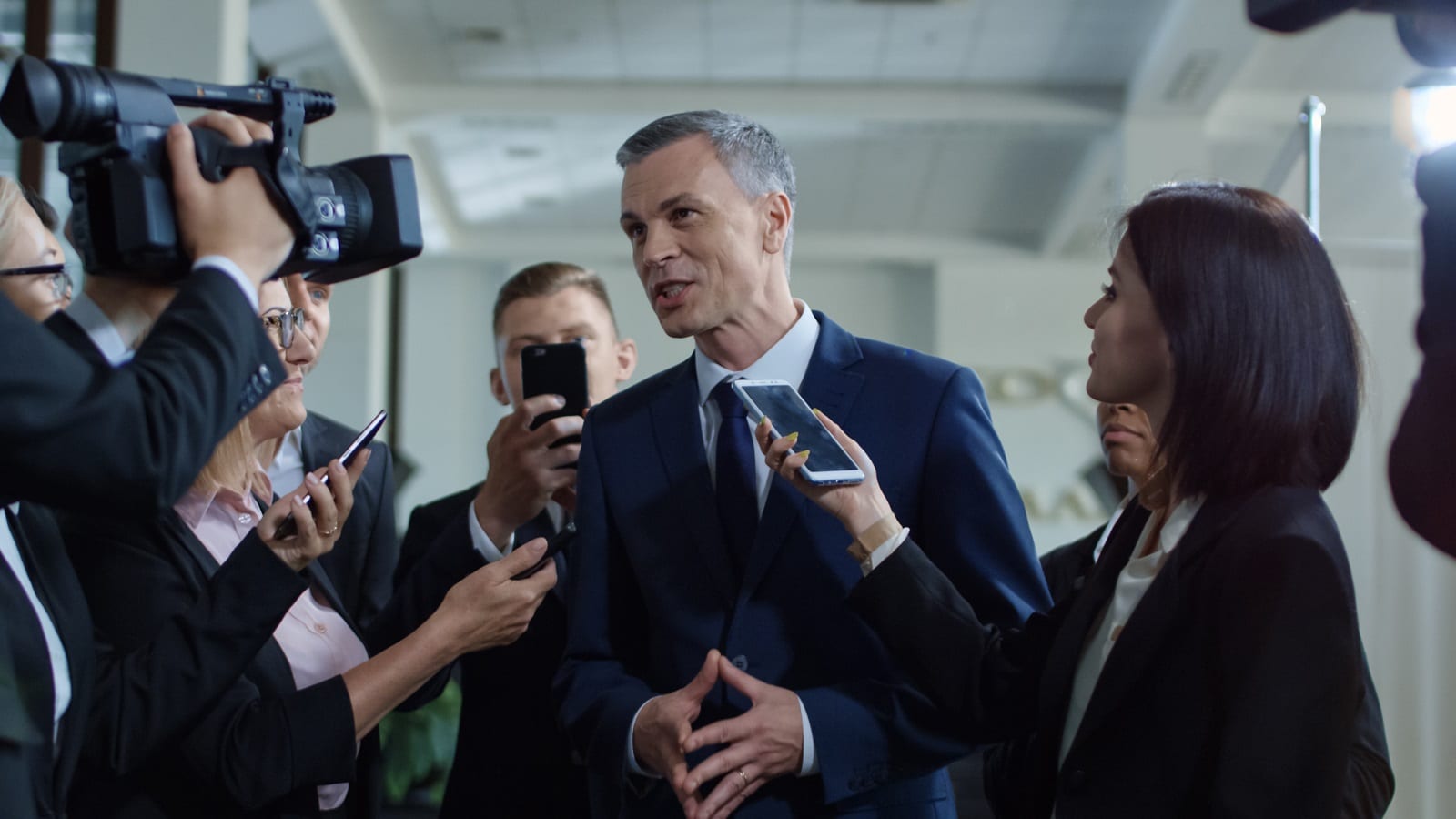
Russia’s expulsion of the British military attaché marks a significant escalation in diplomatic tensions, reflecting the international community’s broader geopolitical rivalries and security challenges.
Worse Before It Gets Better
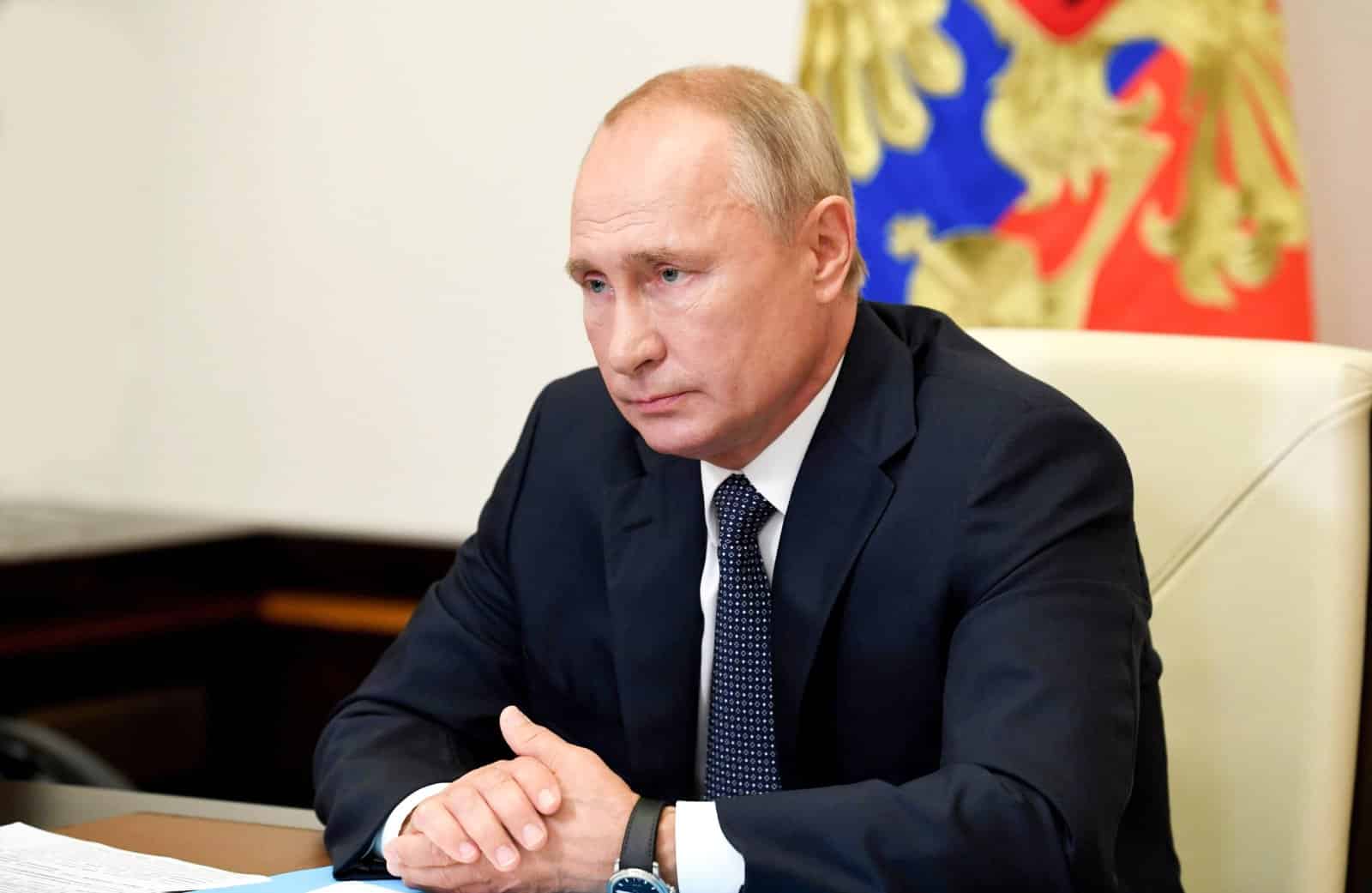
However, whether the two countries’ relations will worsen before they get better remains to be seen.
Featured Image Credit: Shutterstock / Sasa Dzambic Photography.

